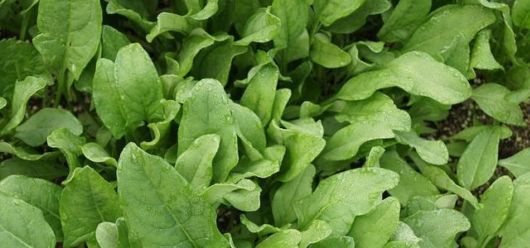9. Spinach
Despite being known for its high content of vitamin A, spinach is also an important source of iron: half a cup of spinach contains about 3 mg of it. This vegetable is versatile and can be used to prepare a variety of dishes, from frittatas to lasagna, pies and salads.
How to determine your individual iron requirement: Knowing the main sources of iron is a good start, because we all need this essential mineral. However, it is also important to understand that each person may have a different iron intake requirement, especially when it comes to people who already have an iron deficiency, or those who tend to develop anemia.
Check with your doctor or nutritionist about specific recommendations for iron consumption in the following cases:
• If you recently lost significant amounts of blood.
• If you are being treated with anticoagulants.
• If you have a history of kidney disease.
• If you have more than 65 years under your belt.
• If you have heavy menstrual periods.
 LIFE & STYLE
LIFE & STYLE Health, Fitness and Nutrition
Health, Fitness and Nutrition The Nine Best Natural Sources Of Iron
The Nine Best Natural Sources Of Iron LIFE & STYLE
LIFE & STYLE Health, Fitness and Nutrition
Health, Fitness and Nutrition The Nine Best Natural Sources Of Iron
The Nine Best Natural Sources Of Iron
